The UK is facing an environmental crisis caused by the nations ever increasing coffee consumption, according to analysis from Halo Coffee – the British brand behind the world’s first home compostable paper-based coffee capsule.
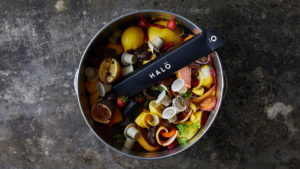
Sales of coffee capsules in the UK continue to rise. It is estimated that a billion capsules will be consumed by British coffee drinkers this year, with the vast bulk of these coffee capsules 700 million – mainly plastic and aluminium (95%) – headed for landfill, taking up to 500 years to degrade. These spent capsules could circle the UK’s entire coastline 1.6 times or cover the distance between Land’s End to John o’ Groats nearly 15 times.
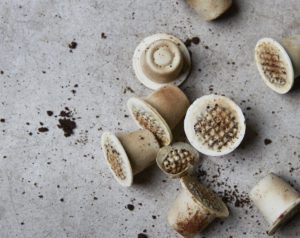
The analysis, which is based on the UK Mintel coffee report for 2018, reveals that coffee capsules now make up 17% of the total coffee market with capsules being the ‘the main contributor to the volume growth’ of coffee. The volume of capsules now stands at 9 million kilograms per year – equating to 1 billion pods, with less than a third being recycled.
The Mintel report also highlighted that only 41% of UK coffee launches in 2018 made an environmentally-friendly packaging claim. This was supported by Halo’s own independent research study among 2,000 UK coffee drinkers which revealed that two thirds of coffee drinkers (66%) felt that brands don’t provide enough information on how to recycle capsules correctly.

Leaving consumers completely baffled / confused about where to put the spent capsules; do they go into the normal bin, food waste, recycle bin or home compost? 73% of capsule drinkers admitted to having no idea what happens to them once disposed.
On Global Recycling Day, Halo Coffee is issuing a rallying cry to consumers and industry alike to acknowledge the environmental problems caused by the nation’s coffee habit.
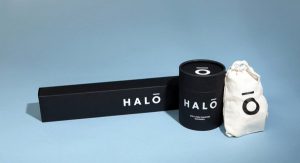
“We’ve written to Government as part of its Consultation on reforming the UK packaging producer responsibility system, urging much stronger action to ensure less plastic and aluminium ends in landfill and to end the confusion for consumers who are often unwittingly failing to recycle properly,” said Nils Leonard, co-founder of Halo Coffee.
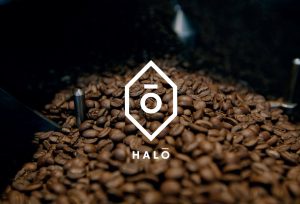
“This is about more than just the coffee industry, it’s about the UK recognising the power the coffee has to either help or harm our environment. This country needs to do a lot more to prevent billions of coffee capsules going into landfill in the UK and globally respectively. The problem is educational, and the market must face up to the responsibility it has to enable consumers to make responsible choices when purchasing capsules.”
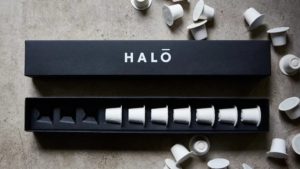
“The world is still confused. Baffled by terms, led astray by fake claims. We’ve got to remove the Asterix or small print and be honest with consumers about what coffee capsules are better for the planet. Recycle if you wash them out, compost industrially, wait for a special collection – it’s not good enough,” continued Nils.
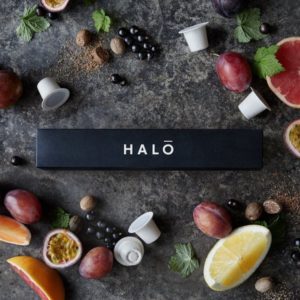
“If a small company like Halo produces a capsule without aluminium, plastic or bioplastic, then other larger manufacturers should follow suit. We’ve laid down the challenge, for the sake of the planet we hope they take it up.”
Halo is made from a 100% natural blend of sugar cane and pulp paper that can simply be thrown in the normal home bin, food bin or compost when it’s finished. Each capsule will break down, depending on the atmospheric conditions, in approximately four weeks and isn’t a contaminant.
Halo Coffee is available to purchase from here with prices starting at £7.00 for a box of ten.
Source: Halo Coffee

You must be logged in to post a comment Login